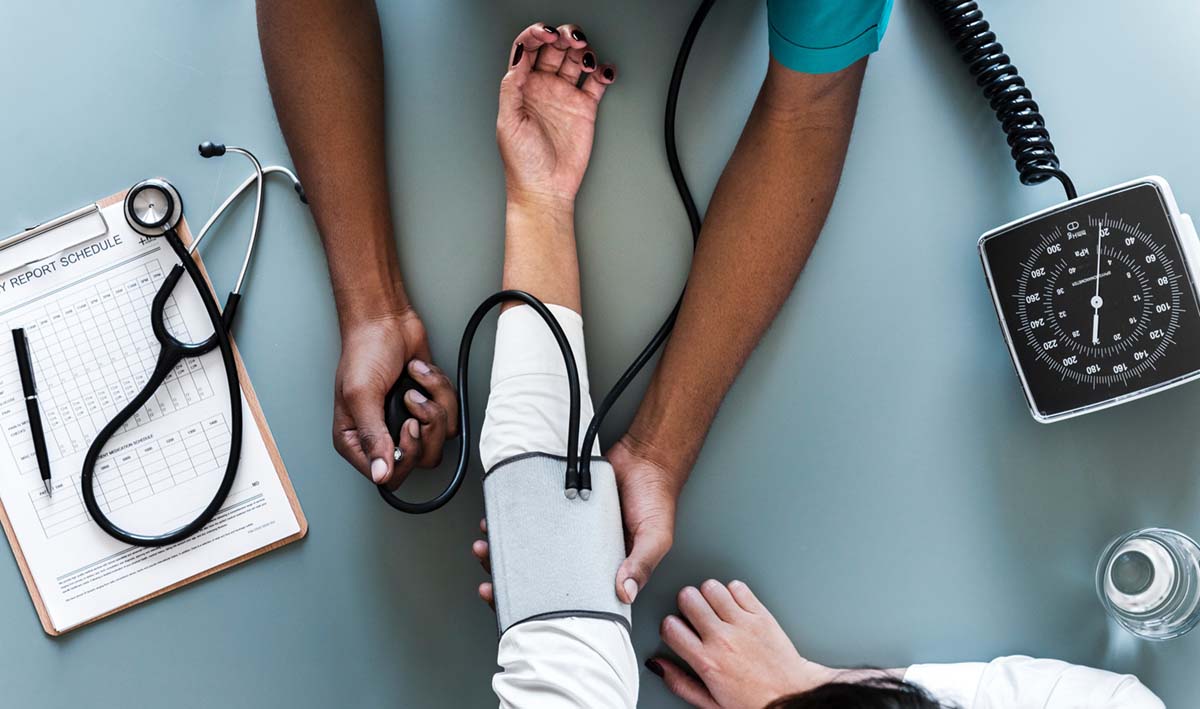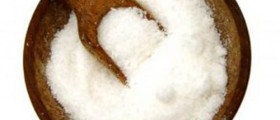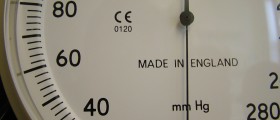
Low blood pressure, also known as hypotension, refers to a state where the arterial blood pressure has abnormally low levels. Normally, the lower the blood pressure is, the healthier is the person.
Understanding the blood pressure
Heart is a muscle designed to pump the blood and make it possible to circulate through the body. Blood pressure is the pressure passed on by circulating blood upon the walls of blood vessels. It is recorded as the two numbers - systolic and diastolic pressure. Systolic pressure is the pressure as the heart beats, while diastolic pressure is the pressure as the heart is resting between beats. The ideal blood pressure for a healthy young adult is 120/80, where first number represents systolic reading while the following number represents diastolic reading.
Low blood pressure
Hypotension is defined by readings of approximately 90/60, or less. Sufferers from low blood pressure are generally protected against numerous diseases caused by high blood pressure as well as from the factors that increase blood pressure (eating too much salt, for example).
Causes of low blood pressure
Blood pressure can vary throughout the day between 30-40mmHg depending on many factors such as: stressful experiences, atmospheric temperature, time of the day, one’s age, eating habits… However, if one’s blood pressure may be considered low even after taking in account these everyday factors, there may be an underlying cause, which could need a treatment.
Medications, especially beta-blockers, alpha-blockers and certain antidepressants may provoke hypertension as a side effect. Changes in blood pressure levels may be a side effect of a serious illness such as heart disease or a heart attack. For patients suffering from severe illnesses or conditions should have their blood pressure measured frequently, because it may serve as a good indicator of the course of illness.
Autonomic disorders attack one’s autonomic nervous system. Autonomic nervous system, besides other things, controls widening and narrowing of blood vessels, and any disturbance in this process may cause hypotension. Autonomic disorders are: diabetes mellitus, Parkinson’s disease, multiple system atrophy…
Adrenal glands produce hormones that control blood pressure and balance of the salt and water in the body. If adrenal glands become damaged through an infection or illness, this can cause dehydration and lead to low blood pressure.
Serious injuries and burns, especially if a lot of blood has been lost, may lead to low blood pressure. This happens because injuries leave less blood in the bloodstream.
Septic shock, caused by bacterial infections, anaphylactic shock, caused by allergic reactions or cardiogenic shock, which occurs when heart cannot supply sufficient amounts of blood to the body; may also cause low blood pressure levels.
Other causes may include some rare nerve conditions, increasing age, pregnancy, prolonged bed rest, genetics and dehydration.

















Your thoughts on this
Loading...